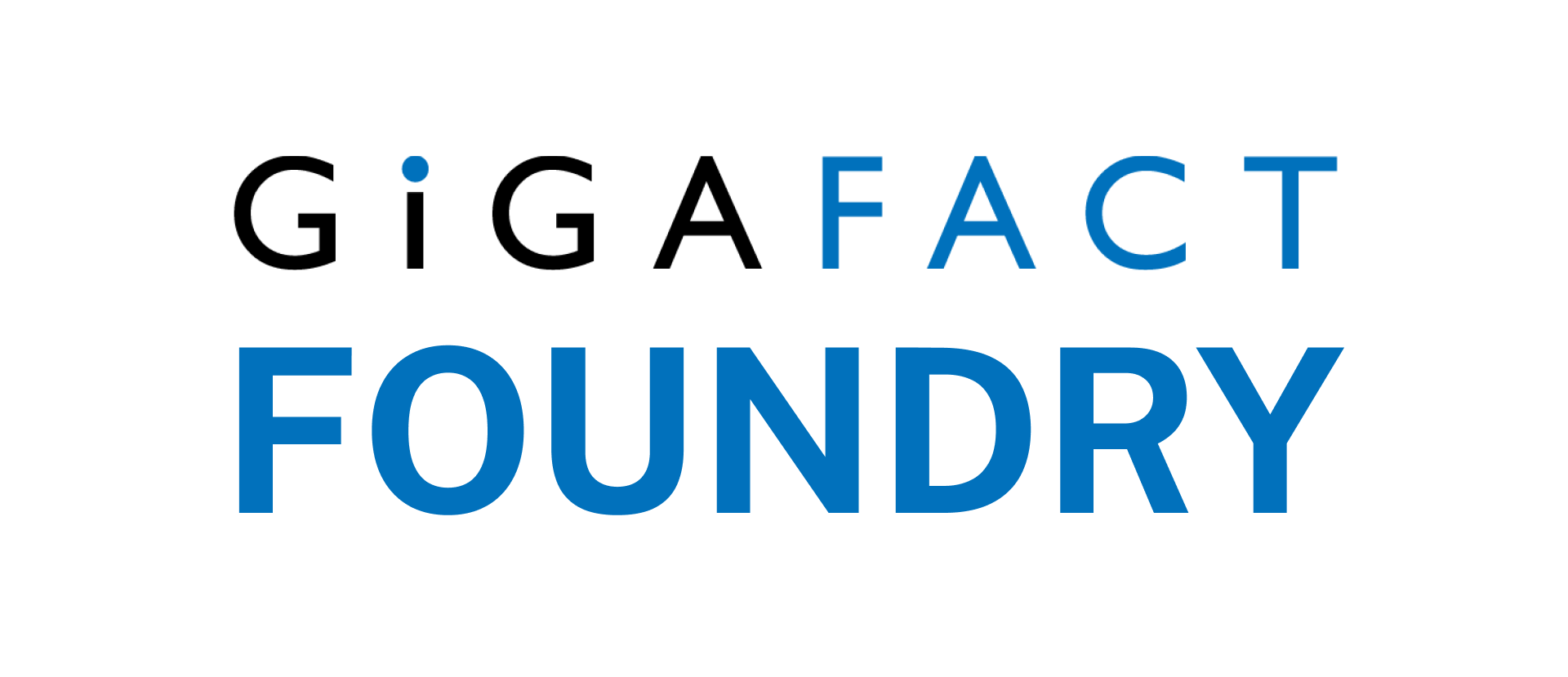Saturday, Nov. 21, 2020
Did election results in 2020 raise new questions about pollsters’ methods and assumptions?
Early assessments of polling accuracy in 2020 results point to new questions about methods and assumptions. Unlike in 2016, polls generally predicted the correct presidential winner, but there were plenty of surprises in the results. Pew Research notes that errors in 2020 favored Democrats, pointing to "a systematic cause or set of causes." These could include:
Greater responsiveness among Democrats to pollsShyness among Trump supporters about expressing their preferenceUnderestimates of enthusiasm for TrumpThe COVID-19 pandemic's effect on voting and campaign conduct
"Polling errors for Senate candidates were quite large," Sam Wang, a Princeton neuroscientist and polling analyst, writes. "Republican candidates had a considerable reservoir of support that was not apparent." Overall, he told Scientific American, "at some level we should stop expecting too much out of the polling data."
This fact brief is responsive to conversations such as this one.
Sources
About fact briefs
Fact briefs are bite-sized, well-sourced explanations that offer clear "yes" or "no" answers to questions, confusions, and unsupported claims circulating online. They rely on publicly available data and documents, often from the original source. Fact briefs are written and published by Gigafact contributor publications.
See all fact briefs
Between 2020 and 2022, under close editorial supervision, Gigafact contracted a group of freelance writers and editors to test the concepts for fact briefs and provide inputs to our software development process. We call this effort Gigafact Foundry. Over the course of these two years, Gigafact Foundry writers published over 1500 fact briefs in response to claims they found online. Their important work forms the basis of Gigafact formats and editorial guidelines, and is available to the public on Gigafact.org. Readers should be aware that while there is still a lot of relevant information to be found, not all fact briefs produced by Gigafact Foundry reflect Gigafact's current methods and standards for fact briefs. If you come across any that you feel are out of date and need to be looked at with fresh eyes, don't hesitate to contact us at support@gigafact.org.
Learn MoreLatest Fact Briefs
Is there a scientific consensus that life begins at conception?
Thursday, Aug. 4, 2022
Do countries around the world subsidize fossil fuels?
Wednesday, Aug. 3, 2022
Is the repeal of Roe v. Wade expected to increase the maternal death rate?
Wednesday, Jul. 27, 2022
